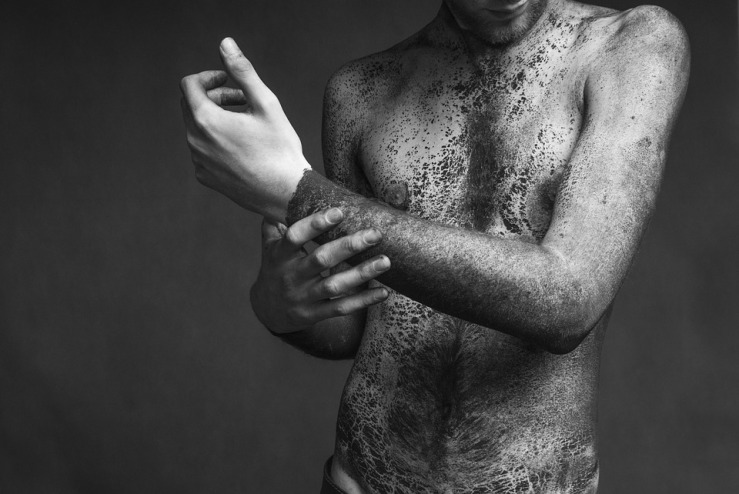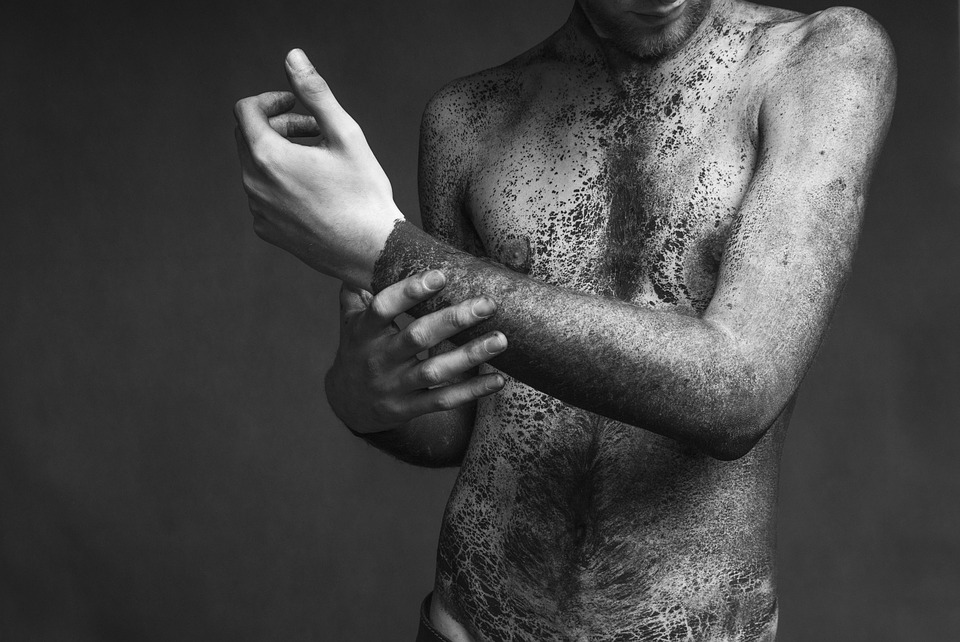Ponder: your body as a clock.
Human bodies are splendid, intricate clocks with symphonies of hormones and neurotransmitters instead of gears, and a suprachiasmatic nucleus (SCN) in our heads that syncs them all up to the natural cycle of day and night.

Ideally, they work so magnificently that we don’t have to think about them. We’re either lucky enough to have bodies that take all kinds of crazy without complaint, or we follow the old wisdom: sleeping, eating, moving at intervals and durations regular enough for our inner processes to co-operate with one another. Our dopamine rises as the sun climbs the sky, our stomachs produce digestive juices in anticipation of the breakfast they have been trained to expect, wavelets of melatonin lull us into slumber at night—if we’re smart enough not to resist them with late night television and Facebook.
But we Americans are greedy. So we do resist, not just the gentle promptings of our natural cycles, but the constraints these promptings represent. Resist isn’t really a violent enough word for what we do. We say we hack life in an attempt to eke more out of our finite time and energy. In many cases, this means we’re hacking our bodies. Writers and athletes with day jobs are often advised to “simply get up an hour earlier” to fit in a session before other responsibilities press in. This works great for some people, but for others, it means cutting sleep short in a way that erodes the body’s ability to support labor of any kind.
Chasing the buzz of achieving our ambitions, whatever they are, can make us prone to finding more and better ways to circumvent our bodies’ default settings. In another post, I’ll explore this in more depth—and, to be clear, I’m not against it. But we can break our body clocks without knowing it, making it harder to do the things we thought we wanted to do in the first place.
I think here of a guy I knew in college who, having got clean of coke and assorted other drugs, crushed No Doze to stay up all night talking with a group of companions who were, to my mind, increasingly dull as the hours wore themselves out. When I saw him leaning over the tabletop to snort a line, I realized it was time I listened to my own exhaustion. (Before I feel too superior about my own life choices, let’s note that a cup of joe steams delectably by my keyboard as I type. Living in Utah, I have cause to remember that my preferred stimulant is someone else’s off-label use of No Doze.)
The danger of ignoring our body clocks is not always evident. Eventually, the resilience to abuse burns away. Bodies present complex arrangements of symptoms we may never recognize as having roots in our temporalities: aches, poor digestion, skin conditions, extra pounds, cravings, chronic irritation or malaise… I’m not saying all these conditions always relate to a smashed body clock. But if you’re a relatively neurotypical person with health issues, including garden-variety anxiety, OCD, or depression, then it’s worth taking a look at your chronotype—your body’s built-in preferences for the timing and duration of physical processes.
Anyone attempting to balance the tricky triumvirate–making art, making a living, and making a life–will benefit from reducing the heavy toll health issues take on the capacity to be productive and enjoy a good quality of life.
For a practical guide to chronotypes and the importance of understanding your body as a clock, check out The Power of When by Michael Brues. In addition to the book, he has a free web quiz you can take to get to learn your chronotype as defined by his categories: Bear, Wolf, Dolphin, and Lion. Regardless of how you feel about such labels, the insights are consistent with what others working in the field of chronobiology are saying about the interrelationship of body, time, and well-being.
P.S. According to his quiz, I’m a Bear, and though not every observation he offers fits me exactly, I have found working some of his recommendations into my lifestyle has helped me improve my ability to work with, not against, my body clock. Especially helpful: more light, not more coffee, first thing in the morning helps me feel alert and ready for the day.

